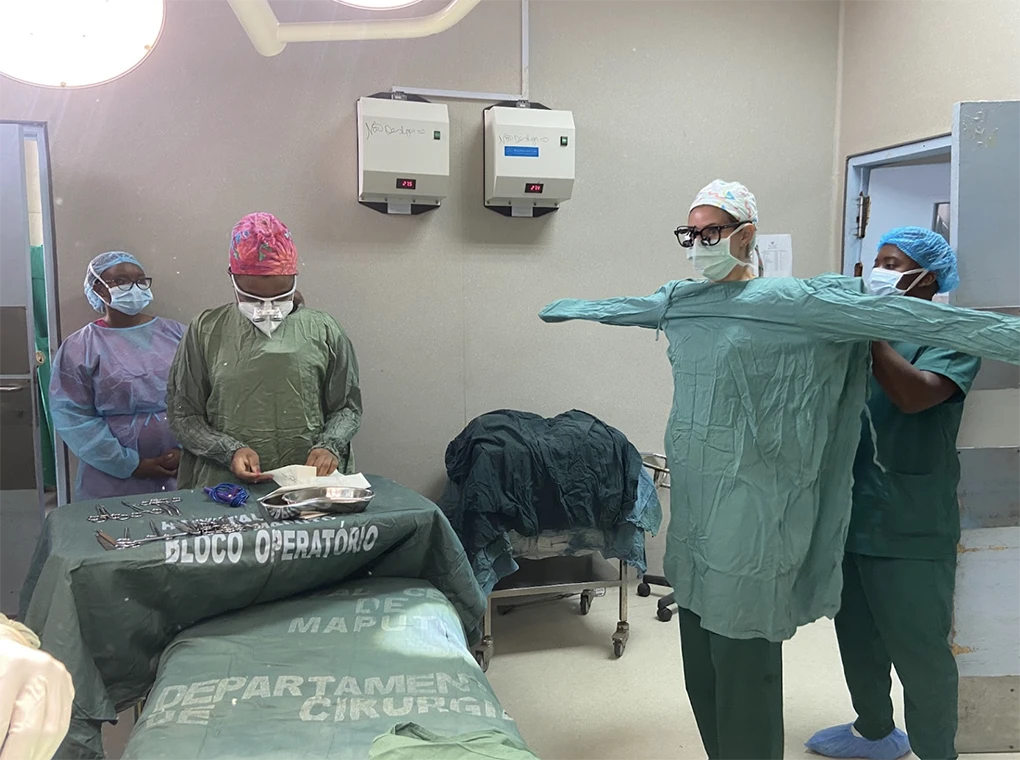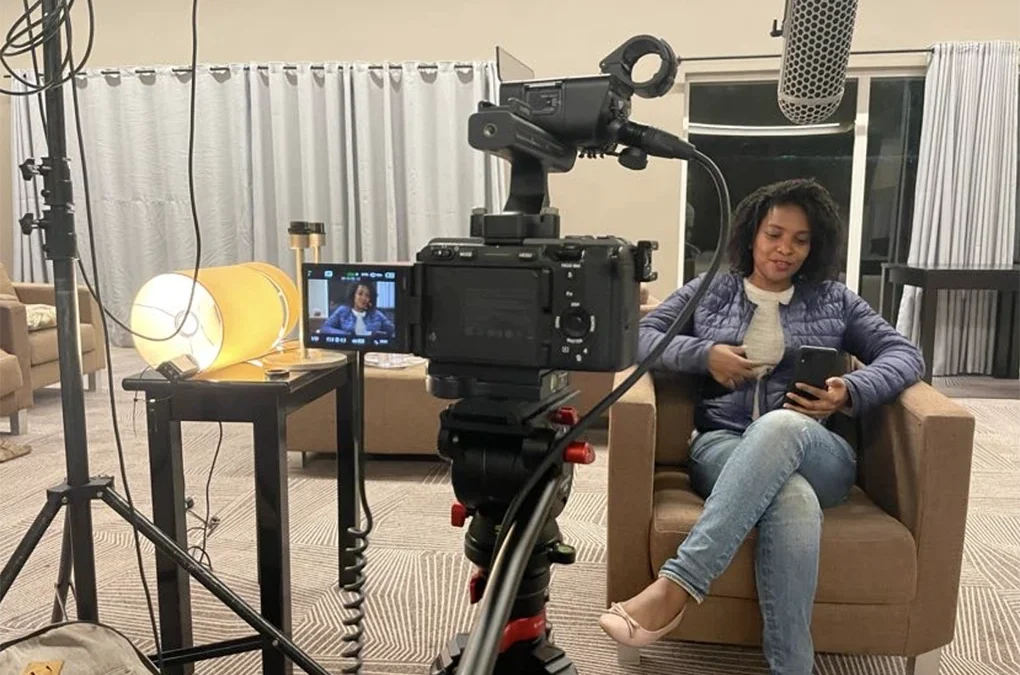The Ohana One documentary is more than just a film; it is a call to action. The title of the documentary is The Ten Thousand Mile Bridge: Closing the Surgical Gap in sub Saharan Africa. The filmmakers behind this powerful project wanted to bring attention to a critical problem while showcasing the solution. Their mission was clear – to raise awareness, engage the audience, and expose them to the healthcare crisis unfolding in Mozambique.
The real stories captured in the documentary are profoundly moving, compelling viewers to be agents of change. Witnessing the frustrations and resilience of the local doctors struggling within a resource-strapped system is both humbling and awe-inspiring. These surgeons and those supporting them never give up their fight to make a difference.
As the camera pans through the hospital, the stark reality becomes evident. Mold-covered walls, empty shelves, and a severe shortage of nurses underscore the lack of adequate medical care. There are no doctors making house calls, and patients endure painful procedures without anesthesia. The economic challenges and limited access to surgical intervention paint a distressing picture. But in the face of adversity, Ohana One offers a solution – training local doctors through technology.
Josh Oreck, part of the filmmaking team, shares how his involvement began when his mom, who serves on Ohana One’s board, joined a delegation to Mozambique to create the documentary. The footage his parents, Jay, and the local team captured needed a cohesive story, and with Josh’s expertise in documentary filmmaking, he stepped in to facilitate this bringing it all together. As part of his efforts, he hired a fantastic editor, Asako, who had worked for him on a couple of projects last year. Josh felt she might be a good fit for this project. His intuition was spot on, she’s been great. She really did the lion’s share of the work in shaping the story.
With abundant footage, the team had various directions they could have taken. Still, they were guided by a shared goal – to focus on Ohana One’s mission of empowering local doctors and creating first-hand experiences with patients. The film needed to be a platform that puts the spotlight on the people in Mozambique, the doctors, and the patients, emphasizing the true essence of the mission.

They also wanted the documentary to highlight the impact of mentorship and technology. Dr. Kulber, an incredibly dedicated surgeon, embodies the essence of the film’s message. By combining his compassionate heart with the power of technology, he can accelerate his mission and make a more significant impact.
As the team continues to work on the film, they want it to stand on its own, evoking emotions and prompting action. By shedding light on the dire healthcare situation in Mozambique and presenting Ohana One’s solution, they hope to encourage more people to join the cause and support the organization’s efforts.
The impact of the documentary is already evident; those who have seen rough cuts are astounded by the severity of the situation in Mozambique and the scarcity of doctors and training opportunities. The film serves as an eye-opener and a rallying cry to address the financial and systemic issues in global healthcare.
The ultimate success of the film will be achieved if Ohana One’s technologies and techniques gain widespread recognition and implementation. The documentary aims to inspire people to invest in modern techniques of education, mentorship, and learning while educating them about the critical shortage of surgeons worldwide. The goal is to tackle seemingly insurmountable problems by promoting efficient solutions and technology for the betterment of humanity.
In the end, the Ohana One documentary carries a powerful message – that challenges can be overcome when good people with good intentions come together, supported by the marvels of technology. The world can be a better place, and together, we can make a difference. Let’s imagine a future where technology meets humanity, transforming lives and empowering communities worldwide.


Recent Comments